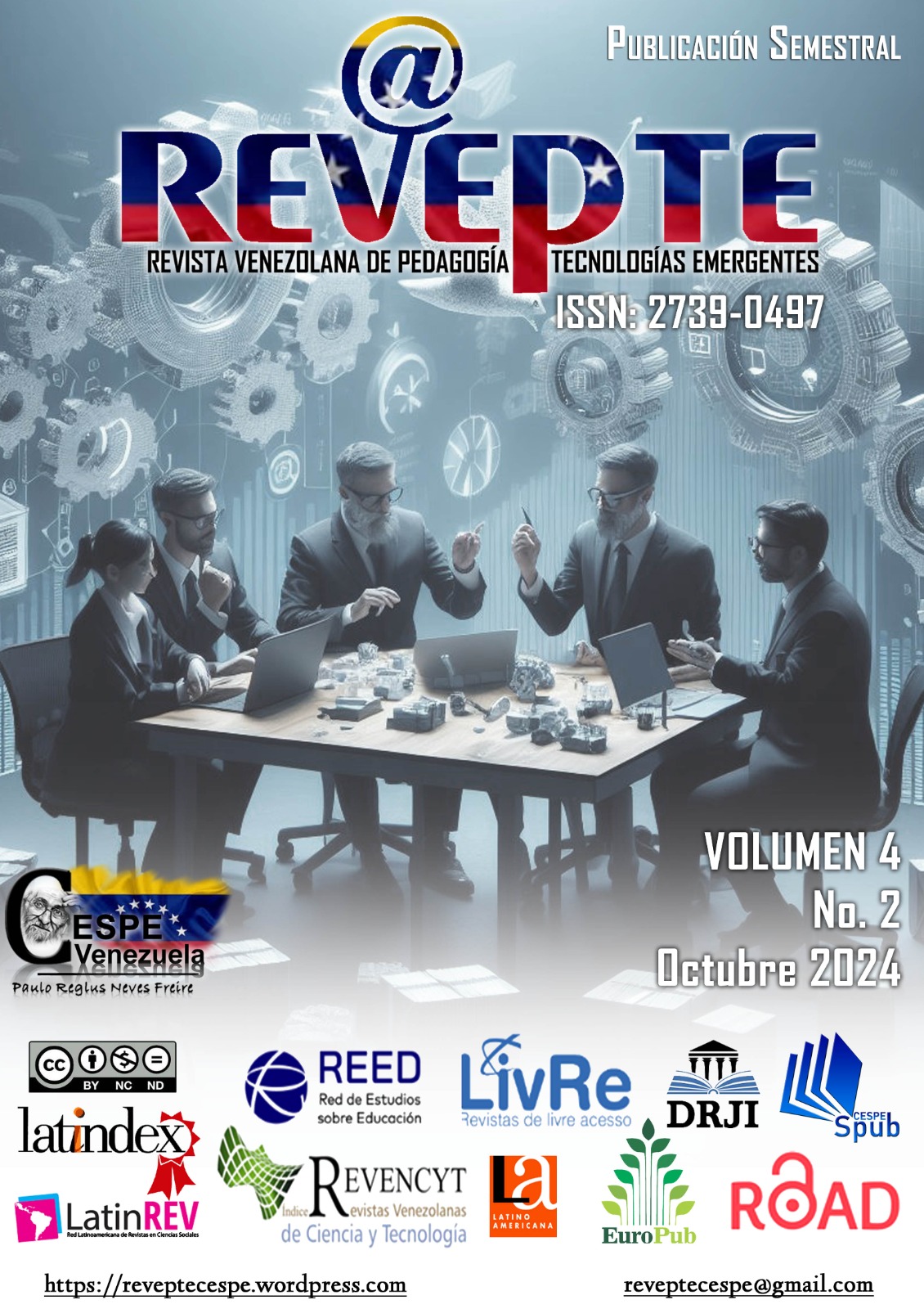Colonial Education In The Siete Partidas Of King Alfonso El Sabio
Keywords:
Inca education, colonial education, teaching methods, colonial educational legislation, Alfonso el sabioAbstract
In this article we study the imposition of the Spanish educational system in the colonies of Spain in the Viceroyalty of Peru, with a brief analysis of Inca education, the role of quipucamayoc and amawtas, responsible for managing the quipos and oral memory. The new colonial order instructed the transcription of information from the quipucamayoc, destroyed the quipus, imposed the Castilian language and literate culture, which replaced Quechua and Quipu, the notary replaced Quipucamayoc and the chronicler to the Amawta. The study is based on the analysis of the Siete Partidas of King Alfonso El Sabio, with emphasis on the Second Partida that, through ten laws, implemented the new colonial educational system. The result was an elitist and exclusive educational system, intended for children of Spaniards and indigenous chiefs, leaving the indigenous population marginalized. Many of the educational institutions of that era survive today.
References
Aizpuru, Pilar Gonzalbo. 1990. Historia de la educación en la época colonial: el mundo indígena. México; El Colegio de México.
Alaperrine-Bouyer, Monique. 2007. La educación de las elites indígenas en el Perú colonial. Lima: IFEA. Travaux de l'IFEA n° 238.
Berni y Catalá, Joseph (editor). 1758. Las Siete Partidas del Rey D. Alfonso El Sabio. Valencia: impresa con privilegio Real por Joseph Thomás de Lucas, en la Plaza de las Comedias.
Cieza de León, Pedro. 1945. La crónica del Perú. Buenos Aires: Espasa Calpe.
Choque Canqui, Roberto y Quisbert Quispe, Cristina. 2006. Educación indigenal en Bolivia. Un siglo de ensayos educativos y resistencias patronales. La Paz: UNIX-Pakaxa.
De La Vega, Garcilaso. 1608. Comentarios reales de los Incas. Lima: Colección de Autores Peruanos. 3 tomos.
Donoso Romo, Andrés. 2006. “¿Invasión, evangelización, educación? Continuidades, puentes y rupturas educacionales entre la colonia y la república”, en: CyberHumanitaties Nº 37. (Verano).
Honores, Renzo. 2019. “Litigación en la Audiencia Arzobispal de Lima: Abogados y procuradores de causas en la litigación canónica, 1600–1650”, en A. B. Otto Danwerth (Ed.), Normatividades e instituciones eclesiásticas en el virreinato del Perú, siglos XVI–XIX. Vol. Global Perspectives on Legal History. (Frankfurt: Max Planck Institute for European Legal History), 69-108.
Mendoza, Gunnar (1982): Informe del Programa de Archivos y Documentos Públicos de Bolivia. Cochabamba: Centro Portales.
Oporto Ordóñez, Luis. 2006. Historia de la archivística boliviana. La Paz: Biblioteca y Archivo Histórico de la Asamblea Legislativa Plurinacional/Programa de Investigación Estratégica en Bolivia.
Poma de Ayala, Felipe Guamán. 1993. Nueva crónica y buen gobierno. Edición y prólogo de Franklin Pease. México: Fondo de Cultura Económica. 3 tomos.
Poma de Ayala, Felipe Huamán. 2017. Nueva crónica y buen gobierno. Lima: Biblioteca del Perú. Colección Bicentenario. Tomo I.
Porras, Raúl (1973): Mito, tradición e historia del Perú. Lima, Retablo de papel.
Reyes Morales, Carlos Daniel. 1984. Un día de clases en la época colonial. Michoacán: El Colegio de Michoacán.
Downloads
Published
Issue
Section
License
Copyright (c) 2024 Luis Oporto Ordóñez (Autor/a)

This work is licensed under a Creative Commons Attribution-NonCommercial-ShareAlike 4.0 International License.






